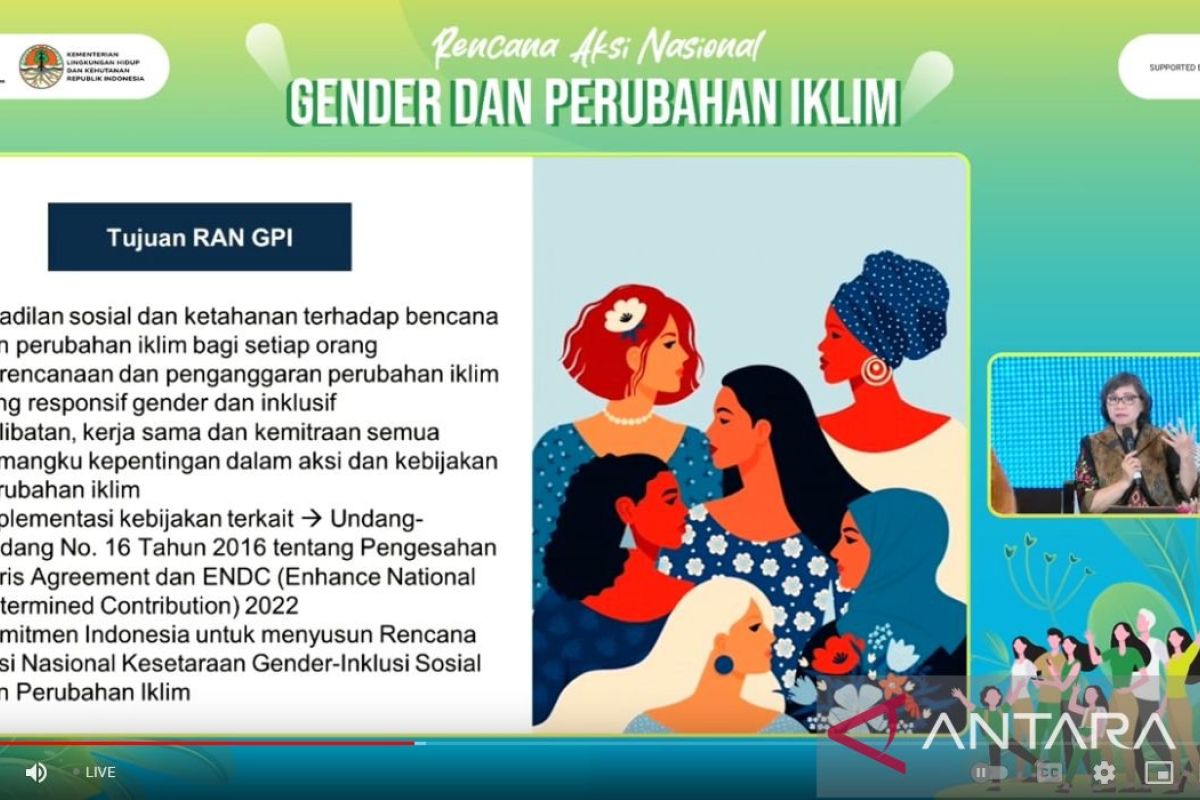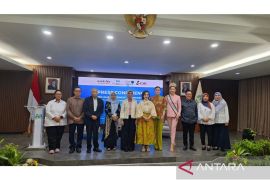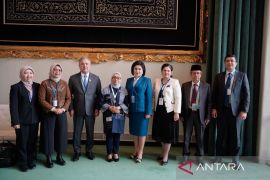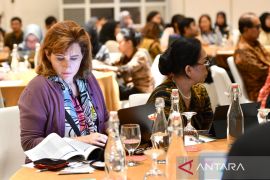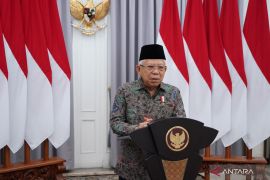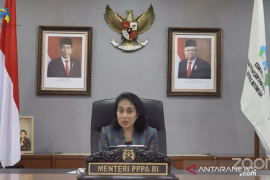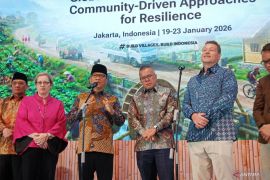The ministry’s Deputy of Gender Equality, Lenny N. Rosalin, stated here on Thursday that in addition to realizing social justice and security, the action plan aims to create climate change planning and budgeting that are gender-responsive and inclusive.
It also highlights the importance of involvement, cooperation, and partnership of all stakeholders in climate change action and policies
“This is the implementation of Law Number 16 of 2016 on the Ratification of the Paris Agreement and the 2022 ENDC (Enhanced Nationally Determined Contribution),” she remarked
Rosalin underscored that climate change is a social issue where the impacts are felt by all, women, men, children, and people with disabilities.
Related news: Women are more vulnerable to impacts of climate change: Ministry
However, she said, climate change worsens inequalities faced by women.
“Climate change is not gender neutral. Women are more vulnerable to climate change,” she remarked.
Rosalin pointed out that this occurred due to the traditional gender roles, limited access to resources, limited mobility, women living in poor areas, and the social consequences of policies.
“Women who live in poor areas will be more vulnerable due to the lack of access to strong infrastructures, adequate health services, and resources to face climate change,” she pointed out.
To this end, she noted that realizing gender equality is essential to face the challenges of climate change impacts.
According to the Gender Inequality Index (GII) of the United Nations Development Programme (UNDP), Indonesia’s GII value in 2022 stood at 0.439, a decline of 0.004 from the value in 2021, namely 0.443.
Related news: Ministry seeks gender-responsive climate change policies
Translator: Anita Permata, Raka Adji
Editor: Yuni Arisandy Sinaga
Copyright © ANTARA 2024
